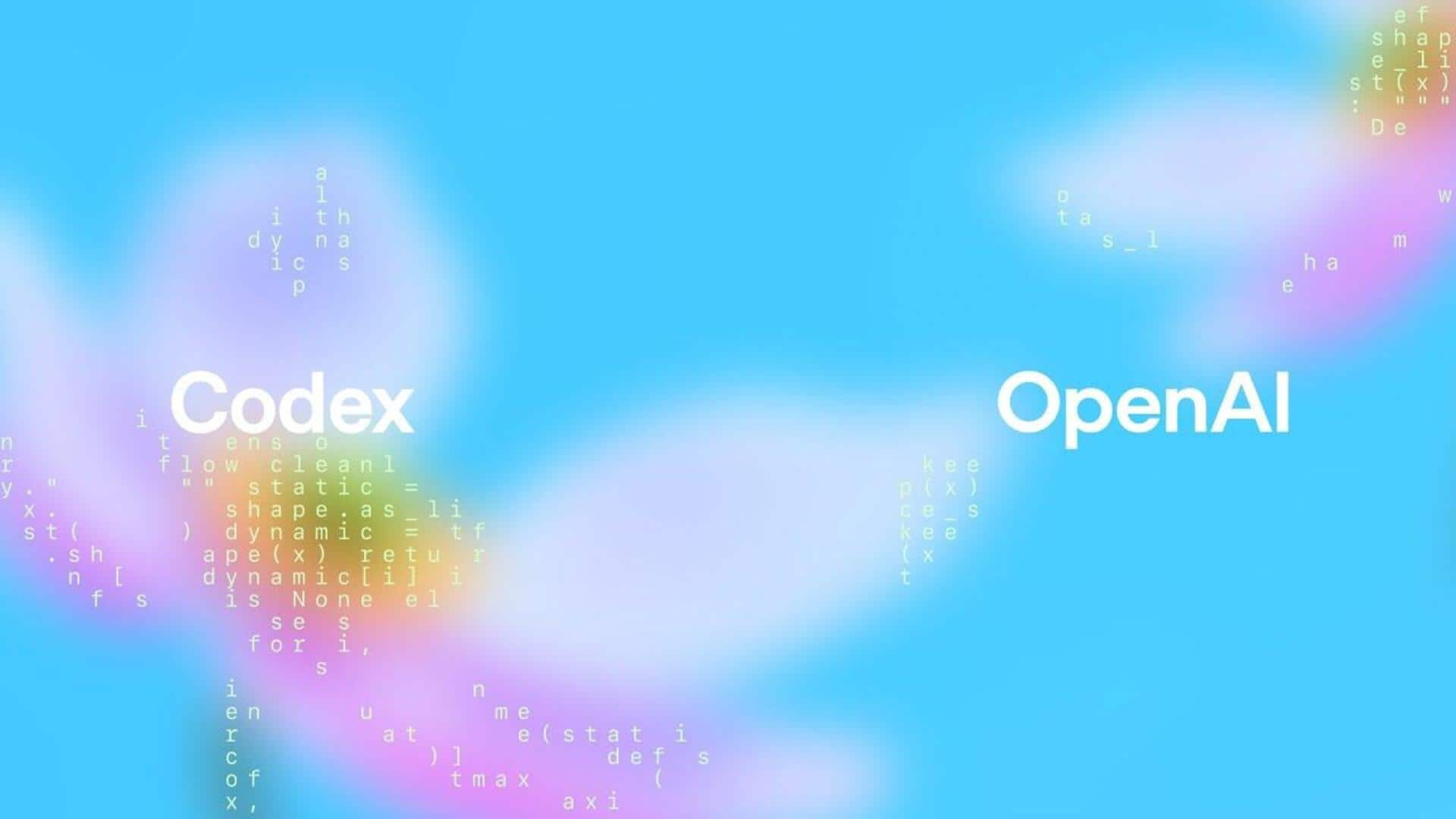
OpenAI's coding agent just got internet access—Here's why it matters
What's the story
OpenAI has announced a major update for its Codex coding agent, bringing new features like internet access and voice input. Previously limited to Enterprise, Team, or Pro subscribers, Codex is now available to ChatGPT Plus users, expanding its reach to individual developers and smaller teams. These updates aim to streamline development workflows and make Codex more accessible.
Enhanced functionality
Codex can now access the web while performing tasks
The most significant change in this update is Codex's ability to connect to the internet while performing tasks. Users of Plus, Pro, and Team plans can now allow Codex to access the web while working on their code. This feature allows the AI agent to install dependencies, run tests requiring external resources, and execute scripts that interact with staging servers.
New features
Voice input and pull request updates
Along with internet access, OpenAI has also added voice input to Codex. This lets users dictate tasks instead of typing them out, making the tool more user-friendly. The company has also updated pull request (PR) functionality in Codex. Now, instead of creating a new PR every time a task is iterated on, existing ones can be updated.
Security features
OpenAI is carefully rolling out the internet access feature
While the internet access feature is a major improvement, OpenAI is rolling it out carefully. The company says that the feature is disabled by default and comes with granular controls. Users can restrict which domains Codex can reach and limit HTTP methods. OpenAI is also monitoring for prompt injection attacks, where malicious actors could hijack the agent's web requests.
Workflow improvements
Other under-the-hood improvements in Codex
The latest updates to Codex also include under-the-hood improvements like increased diff limits, faster setup scripts, improved iOS behavior, and a more refined GitHub connection flow. For teams utilizing single sign-on or social login, two-factor authentication is no longer mandatory, simplifying the login process.These changes are aimed at improving developer workflows and making code review processes smoother.